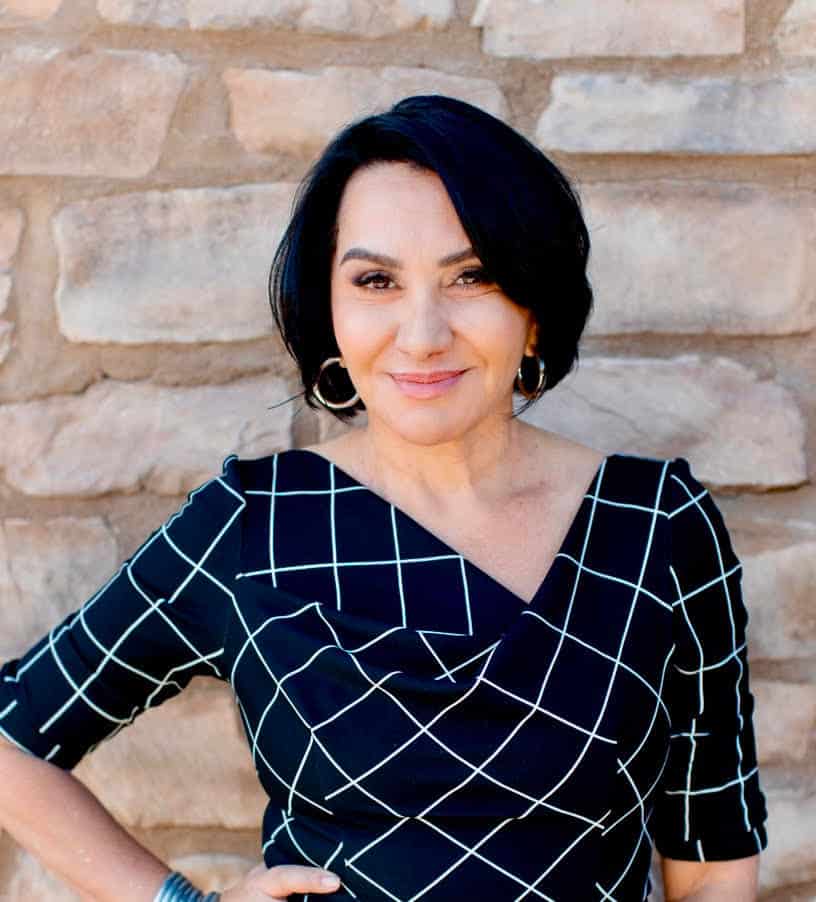Do I Have Anxiety?
Anxiety Quiz

Take Our Anxiety Disorder Quiz
When people think of anxiety and its meaning, the first thought is being “stressed out.” However, anxiety symptoms are much more than someone having a rough day.
If you suspect a problem and want to take a “do I have anxiety quiz,” you are on the right track to tackling this threat to your well-being. When a person has anxiety, their body’s reaction lets them know that they are in danger.
For instance, if you stand on the side of a cliff and feel anxious, you know that it is dangerous to take another step. However, anxiety is more than whether you need to escape from a situation. Since you are primed to survive, your mind assumes that more things are a threat than they are. This can lead to feeling more anxious than required.
Approximately 19% of people in the United States suffer from anxiety each day. Here is all the information you need to know about the types of anxiety disorders and some self-care tips to help combat this dreadful feeling.
This online screening is not a diagnostic tool. Only a trained medical professional, like a doctor or behavioral health professional, can help you determine the best treatment for you.
Understanding Anxiety
Anxiety is how your body reacts to stress when there is a potential danger. It is your body’s response to cope with a troubling situation, whether it is occurring right now or will in the future.
Your mind and body pair together, sending off every siren when it detects a threat. For instance, if you are driving in bad weather, you will feel anxious because you know it is dangerous.
Although anxiety is a horrible emotional response, it is necessary to survive. Otherwise, people would be walking off tall cliffs or rooftops without even thinking twice. However, if this stress is no longer temporary, it is a sign that you need help.
It is recommended to do a comprehensive anxiety self-assessment quiz to start treatment. People with anxiety disorders can become anxious about all sorts of things. It is normal to be fearful temporarily, but feelings of anxiety can linger and worsen over time if you do not seek help.
Types of Anxiety Disorders
Although the phrase “I’m anxious” gets thrown around in casual conversations, it is difficult to pinpoint if someone is suffering from anxiety. Most types of anxiety impact daily activities like school, work, or personal relationships.
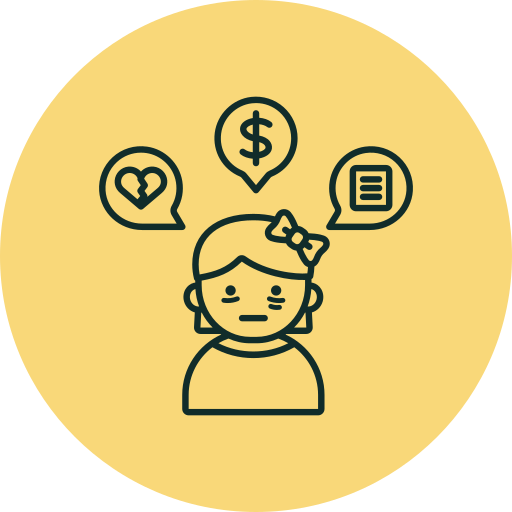
Generalized Anxiety Disorder (GAD)
This is the most common anxiety disorder that almost one in 8 people experience. Generalized anxiety disorder is a feeling of constant dread and stress.
These are regarding daily activities. This type of anxiety occurs on most days and can last for at least 6 months. A person struggling with GAD will feel like they have absolutely no control of the things that worry them.
They may also be worrying too much about health, family, work, relationships, or money problems. Even just the thought of how to get through your day can be stressful enough to cause anxiety.
Many people who have generalized anxiety disorder end up stuck in a cycle of worrying about everything. Someone’s anxiety may be worse than the stressful situation or event itself.
The problem with GAD is that the person struggling with it will not know how to stop this vicious cycle of fear that is out of their control. GAD also involves co-occurring conditions. These are post-traumatic stress disorder (PTSD), obsessive-compulsive disorder (OCD), depression, or substance abuse.
If you suffer from generalized anxiety disorder, you will experience mental and physical symptoms. Physical symptoms include fatigue, muscle tension, soreness, sweating, accelerated heart rate, dizziness, shortness of breath, stomach issues, restlessness, and sweating.
The mental symptoms are a sense of impending doom, difficulty with concentration, difficulty remembering things, and irritability.
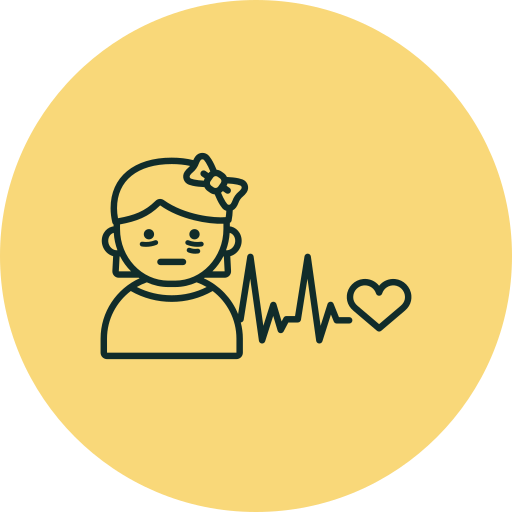
Panic Disorder
Panic disorder is when a surging rush of anxiety comes out of nowhere that can make you feel like you are going crazy. Some people describe the feeling as having a heart attack or thinking that they will die.
Younger people and women suffer from this anxiety disorder the most. Unlike GAD, which has triggers or uncontrollable fear, panic disorder can result in impulsive behavior.
Unlike other anxiety disorders, panic disorder is all about leaving a person feeling scared of their own fears. You may feel terror even if there is no danger around you. Any loss of control can jeopardize your balance in life.
The most obvious symptom of this disorder is a panic attack that can happen unexpectedly. These typically last a few minutes and can happen to anybody at any time. People with panic disorder will also change their behavior related to attacks. This is to try and stop another attack from happening. This is when you may find yourself overly concerned about the number of panic attacks you may have in the future and their consequences.
These constant attempts to avoid future attacks can turn your life upside down because you will struggle to focus on other things. In the long term, you can also develop more behavioral health issues like agoraphobia, where you cannot stand to be in crowds or certain places.
Some of the physical symptoms of panic disorder are sweating, trembling, shaking, chest pain, shortness of breath, rapid heartbeat, dizziness, or stomach issues. The mental symptoms can be the fear of dying, fear of losing control and feeling detached from reality or yourself.
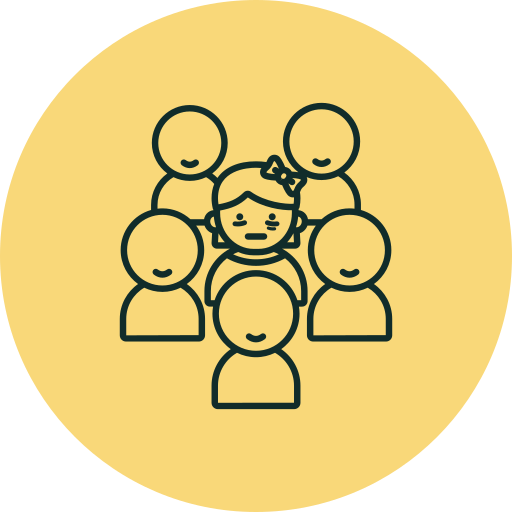
Social Anxiety Disorder
Social anxiety disorder is when a person is terrified of being embarrassed or judged by others in social situations. Think about the last time you traveled to a friend’s birthday party.
Were you feeling anxious at the time? Did you hold yourself back from mingling with others to get home early? If this social phobia lasts longer than 6 months, you should take our “do I have anxiety quiz” and begin treatment.
The good news is that this type of anxiety decreases as you get older because other people’s opinions matter less and less with age. The hallmark trait of social anxiety disorder is being negatively evaluated by your peers.
You will find yourself questioning whether you are stupid, unlikeable, or uninteresting. This will cause you to avoid social situations consistently. And you will want to cancel plans at the last minute if they involve associating with other people.
Eventually, people might stop inviting you to gatherings if you seem too distant. The most common symptoms of social anxiety disorder for adults are sweating, trembling, blushing, shyness, staring, softly speaking, poor eye contact, and being closed off in conversations.
The symptoms for children include tantrums, freezing in place, clinging to parents, shrinking back, refusing to speak, and crying.
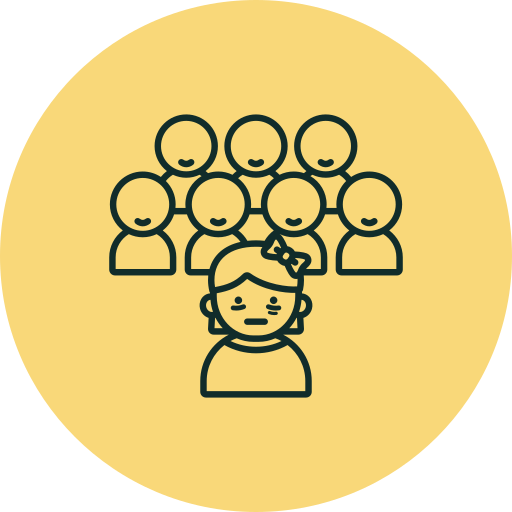
Separation Anxiety Disorder
We all suffer when we think about losing someone we love, but others suffer more intensely because of separation anxiety disorder. This is where a person has excess dread or worry when they need to separate from a loved one.
Separation anxiety is more common in children than adults. This is because kids get scared and upset, thinking their parent is leaving them at school forever and never coming back. This disorder can have a huge impact on many areas of life.
Adults coping with separation anxiety may not be able to work or have healthy relationships. The symptoms of separation disorder are similar to other anxiety disorders.
But they only occur when the thought of somebody leaving crosses the patient’s mind. The individual will always be fearful, thinking that something terrible will happen to the person they care about most when they are not around, so it may be difficult for them to leave their loved one’s side.
This can lead to numerous relationship problems due to smothering and not giving each other enough space.
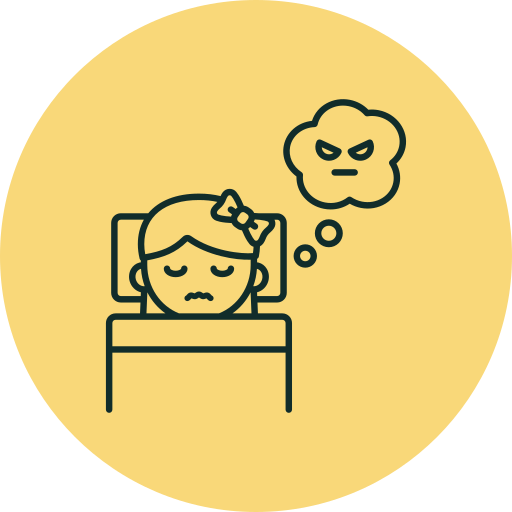
Phobias and OCD
Phobias are fears of situations or objects that can disrupt your life. Some of the most common phobias are hemophobia (the fear of blood), trypanophobia (the fear of needles or medical procedures), and agoraphobia (the fear of places or situations).
These phobias can be long-term, and you may stop traveling and socializing because of them.
Obsessive-compulsive disorder (OCD) is also thought of as an anxiety disorder.
It is a condition where you can experience intrusive and unwanted thoughts that lead to feelings of uncertainty or panic. With OCD, a person can find themselves struggling with compulsions or obsessions every day.
They get stuck in a cycle of obsession that impacts how they think and behave. For instance, someone may refuse to enter a room in their home if they do not flick the light switch on and off 20 times.
OCD impacts millions of people, and each person might spend at least an hour a day dealing with their worries.
Anxiety Treatment Options
The most common treatment options for types of anxiety disorders require medication and therapies.
However, every person will experience anxiety differently. You need to find a specialist who can create a unique treatment option to tackle your symptoms.
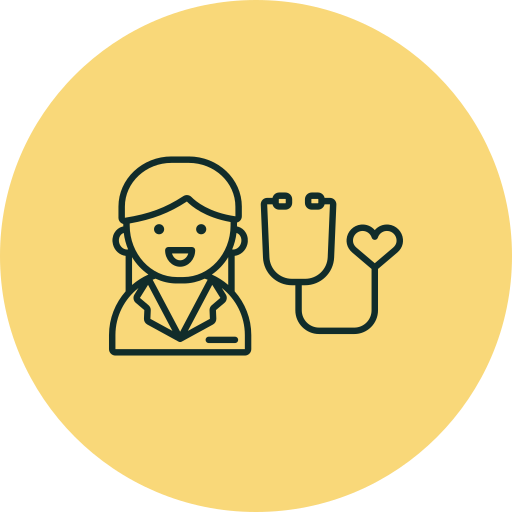
Therapies
There are numerous therapy options to treat anxiety disorders. You can start with cognitive-behavioral therapy (CBT), talk therapy, acceptance and commitment therapy (ACT), or interpersonal therapy (IPT).
Talk therapy is where people with behavioral health conditions are treated in solo sessions or in a group with loved ones. Patients can work with their therapist to control and understand their anxiety by building a trustful connection in a safe environment.
Cognitive-behavioral therapy is an effective treatment where patients get help to think differently about their negative thoughts. This helps change behavior and thought patterns to live a more fulfilling life.
ACT behavioral therapy is where patients are guided through self-acceptance and mindfulness. These are great anxiety exercises to help you manage your stress and be more present to enjoy a moment.
Finally, IPT is the shortest treatment for anxiety, where you will be taught to understand underlying interpersonal problems. These will help you express your emotions more effectively.
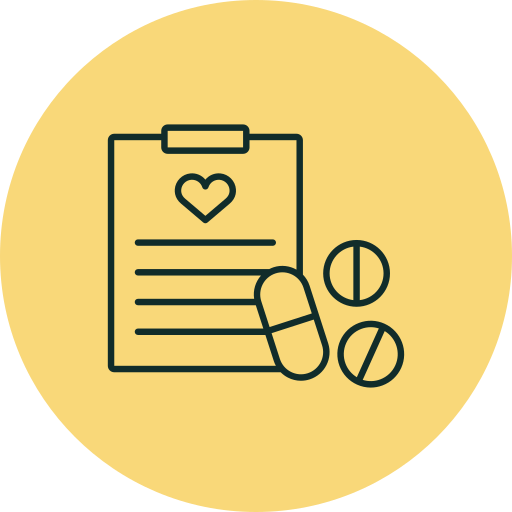
Medication
Besides therapy, you may also be prescribed medications to treat anxiety. Antidepressants are the most popular choice because they are also selective serotonin reuptake inhibitors.
These will help relieve depression symptoms that can occur when you suffer from a lot of anxiety. Always take your medication as instructed, and do not stop unless you are told to do so.
Most people stop taking their medication for anxiety when they start feeling better, which can lead to all the symptoms resurfacing again in no time. You must also discuss all the benefits and side effects of each medication to know what you are ingesting.

Self-Care
One of the best ways of lowering anxiety is stress management. You should start with deep breathing and meditation techniques to help calm your nervous system. This will decrease anxiety and boost the benefits of your therapy or medication treatment process.
It is essential to take time off every day to unwind. You should also reduce screen time. Switch off your phone before going to bed instead of browsing through content that makes you more anxious.
You must also cut down on your daily coffee intake, especially after midday. Limit yourself to one cup of coffee a day in the morning. Do not consume any more caffeine products until the next day.
Finally, you need to focus on developing a healthy sleeping pattern. Avoid going to bed late at night by forcing yourself to sleep earlier. Having a regular bedtime may make you feel more motivated to enhance the benefits of your anxiety treatment.
Getting Help
Anxiety disorders are more common than most people realize. These are chronic illnesses that a patient mistakenly believes will get better without treatment.
However, you or a loved one may need urgent behavioral health support to tackle symptoms. Avoid becoming discouraged by others who downplay this problem. It is difficult for someone else to understand what you are going through if they have not experienced it themselves.
Now that you know the types of anxiety disorders, you should take our “Do I Have Anxiety Quiz” and let us help you treat and manage this chronic illness before it is too late.
Related Topics
Our Services
Clinically Reviewed By:
Deanna J. Crosby, M.A., LMFT, LAADC, Psy.D. (C)
Deanna Crosby is a Licensed Marriage and Family Therapist (LMFT) with over 20 years of experience working with clients in recovery. Her expertise has catapulted her into the spotlight. Featured on several episodes of the Dr. Phil Show as a behavioral health expert, DeAnna is a routine contributor for NBC News, The Huffington Post, Elle Magazine, MSN, Fox News, Yahoo, Glamour, Today, and several other prominent media outlets.
After receiving her bachelor’s degree from the University of California in Irvine, Crosby did postgraduate work at Centaur University where she graduated at the top of her class with a CAADAC certification in Centaur’s chemical dependency program. Following her time at Centaur, Crosby received her Master of Counseling Psychology degree from Pacifica Graduate Institute, where she also attained a Doctoral Degree in Depth Psychology.
TAKE THE FIRST STEP
From all of us at New Method Wellness co-occurring treatment center, we wish you peace and serenity in knowing that you or your loved one will get the necessary help.
ACCREDITED BY:


